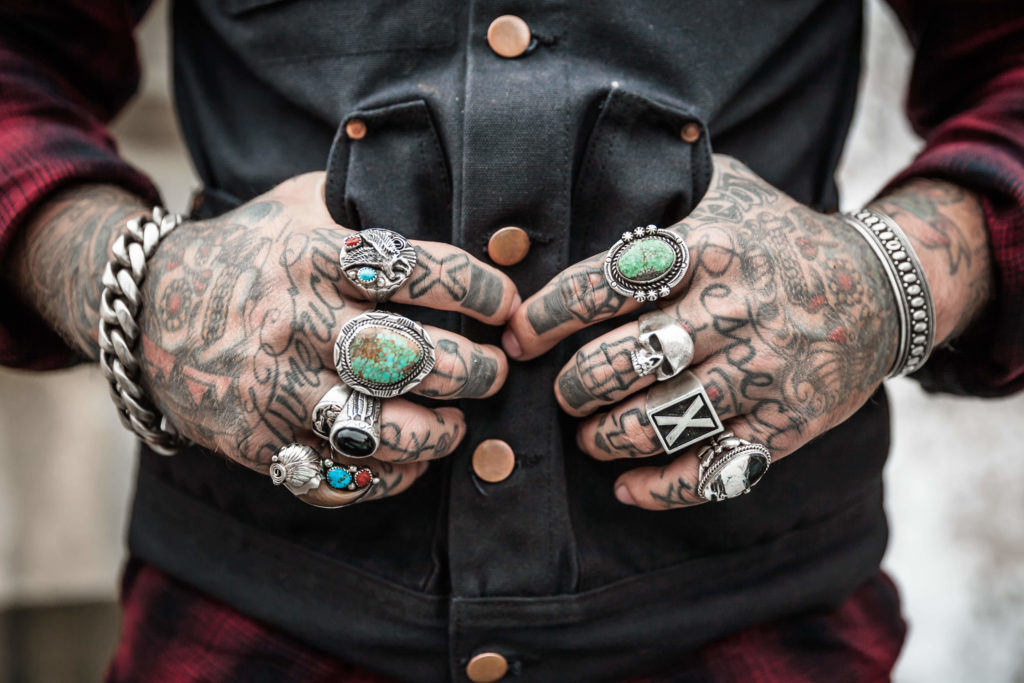
Stigma around addiction remains. Society still looks down upon addicts. There are those who see addicts as the bottom of the barrel, weak willed and choosing to ruin their lives.
The stigma prevents some from getting help. Others do see them selves as, inferior, worthless and hopeless. Addicts and alcoholics are not bad people. Their behavior can be bizarre, outrageous and inconsistent with the person you know. Once the chemical is in their system or the desire to use is there the person does change. With no plan to address it things get out of control.
The celebrities and high profile people you see who are addicts are usually seen at their bottom. The same with the homeless person on the street. Often times this street person and celebrity along with addiction has untreated mental illness. The stigma around addiction actually kills. Suicide and overdose rates continue to rise. There is little attention paid to those individuals who have addressed their addiction problems. There are millions of people who are in recovery and doing great things. Another obstacle is the war on drugs.
This war seems to be a war on people, people who have an illness and need treatment. The American Society of addiction medicine characterizes addiction as a chronic disease. Addiction is a brain disease. Drugs affect the structure and functionality of the brain. I recently had a discussion with someone who admitted he used way to many drugs. He like to idea that he somehow has a disease.
We reviewed the research and the science and he still did not like this “disease concept”. I asked him did he agree that he used too much and drugs were creating major problems in his life. He said “yes”. I asked him if he was willing to learn something new about how to live life without drugs? He said “yes”, and agreed to get help. I had no reason to force the “disease concept” on a person who was willing to get help.
Anonymity protects individuals from stigma, shame and prejudice. The definition of Anonymity “is the state or quality of being unknown to most people”. This means individuals are recovering secretly or discreetly behind anonymity. Does this support shame and stigma?
How do we show recovery is possible if is not known to most people?
How do we change the belief around addiction if recovery is not shown and talked about by those who are in it?
Our cultural beliefs around addiction and recovery need to change.